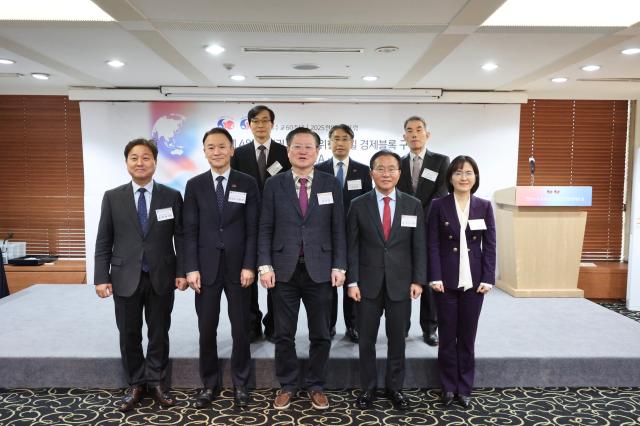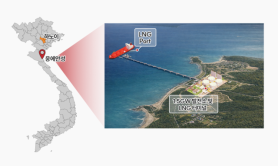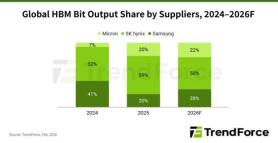
SEOUL, November 19 (AJP) - South Korea and Japan — two of the largest economies in East Asia — are increasingly viewed as a single investment destination by foreign capital as their tech-driven manufacturing capabilities grow more interconnected.
But the absence of a meaningful bilateral trade framework or policy coordination still constrains the growth potential that could be unlocked if the two nations were to combine their industrial strengths, lawmakers, scholars and business leaders from both countries said Wednesday.

The idea of the two neighbors complementing each other in strategically vital sectors such as semiconductors, batteries and defense — and jointly addressing common challenges — has been championed by Korea Chamber of Commerce and Industry (KCCI) and SK Group Chairman Chey Tae-won.
He has proposed that the two countries move beyond existing multilateral trade platforms and work toward forming an EU-style economic bloc that could emerge as the world’s third-largest economic power after the United States and China. Chey is expected to reiterate this vision at the Tokyo Forum 2025 at the University of Tokyo on Friday.
His argument was highlighted during the 2025 Korea-Japan Economic Forum held Wednesday at the Seoul Foreign Correspondents’ Club. The event was co-sponsored by Aju Media Group and Japan’s NNA Kyodo News Group.
The gathering brought together members of the Korea-Japan Parliamentarians’ Union, trade and industry experts, and officials from the Japanese Embassy in Seoul.
Participants discussed how both governments should respond to ongoing supply-chain disruptions and rising geopolitical risks that have intensified following the return of the Trump administration in Washington.

Matsuo Hirotaka, minister at the Japanese Embassy in Seoul, highlighted Japan’s dramatically expanding investment footprint in Korea. “It rose from just US$500,000 at the time of diplomatic normalization in 1965 to more than US$6.12 billion last year, making Japan Korea’s largest investor,” he said. “The uncertain global trade environment, driven in part by U.S. tariff policy, underscores the importance of stronger economic ties between Seoul and Tokyo.”
Lee Ji-pyeong, a professor at Hankuk University of Foreign Studies, warned that without closer coordination both economies could face greater market volatility. “Many production processes already span the two countries, making simultaneous responses essential as protectionist measures rise in major economies and global rules become less predictable,” Lee said.
Lee argued that a “deeper” bilateral trade framework is necessary for the two countries to act as a rule-setter in the global economy, noting that their combined GDP is projected to reach US$7 trillion by 2030.
Kim Gyu-pan, senior research fellow at the Korea Institute for International Economic Policy (KIEP), noted that “Korea and Japan currently lack a high-level bilateral trade agreement,” calling for renewed discussions on more advanced bilateral or multilateral frameworks. Kim also stressed the need for “greater consistency in Seoul’s Japan policy” and encouraged progress on joint declarations and future high-level exchanges.
Copyright ⓒ Aju Press All rights reserved.




